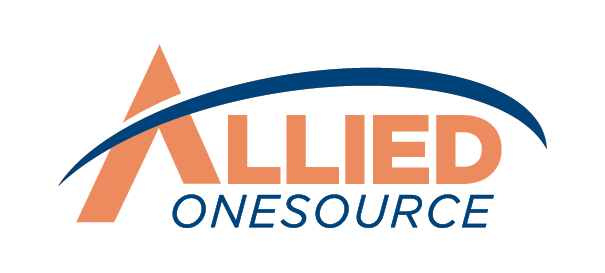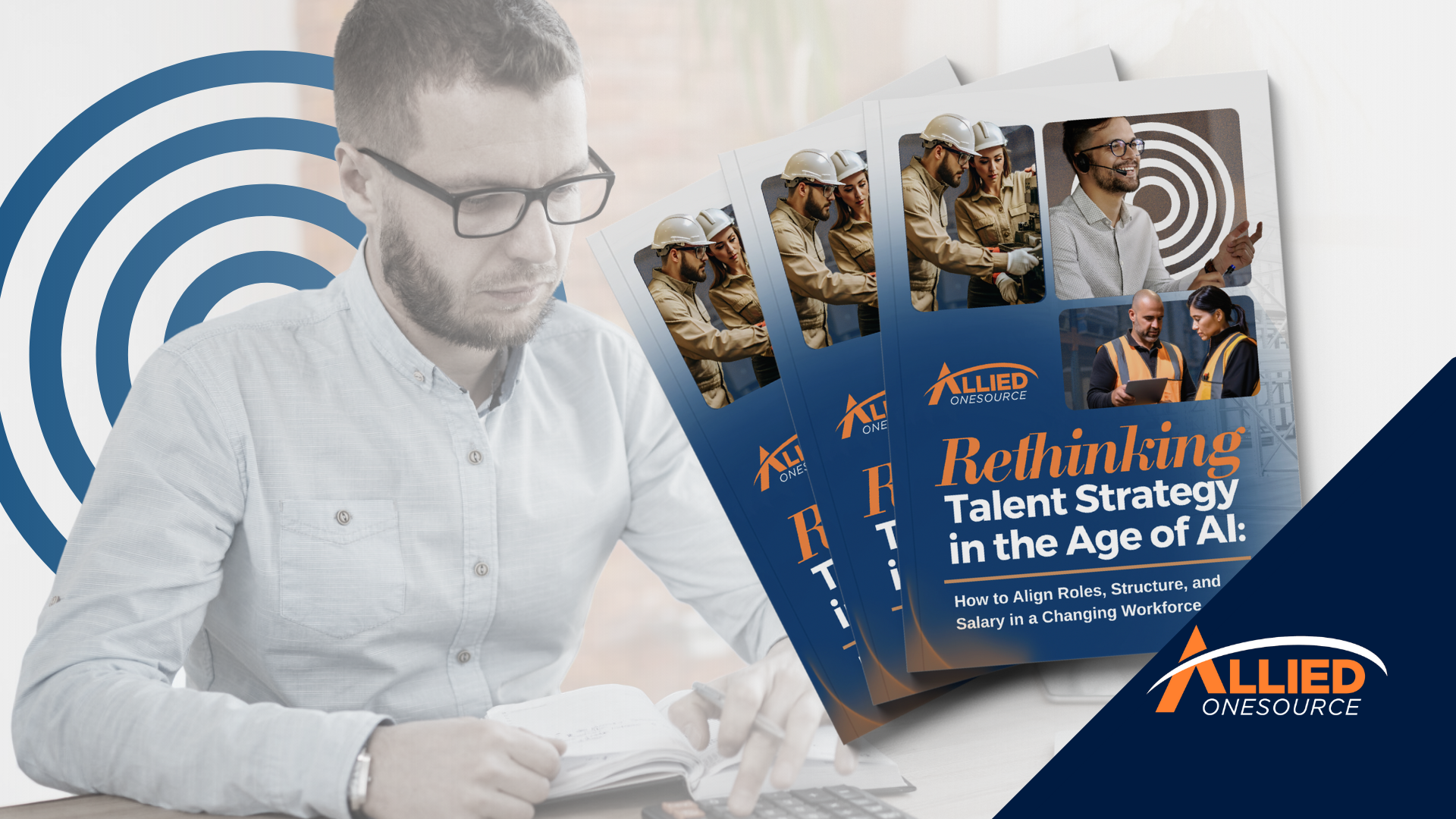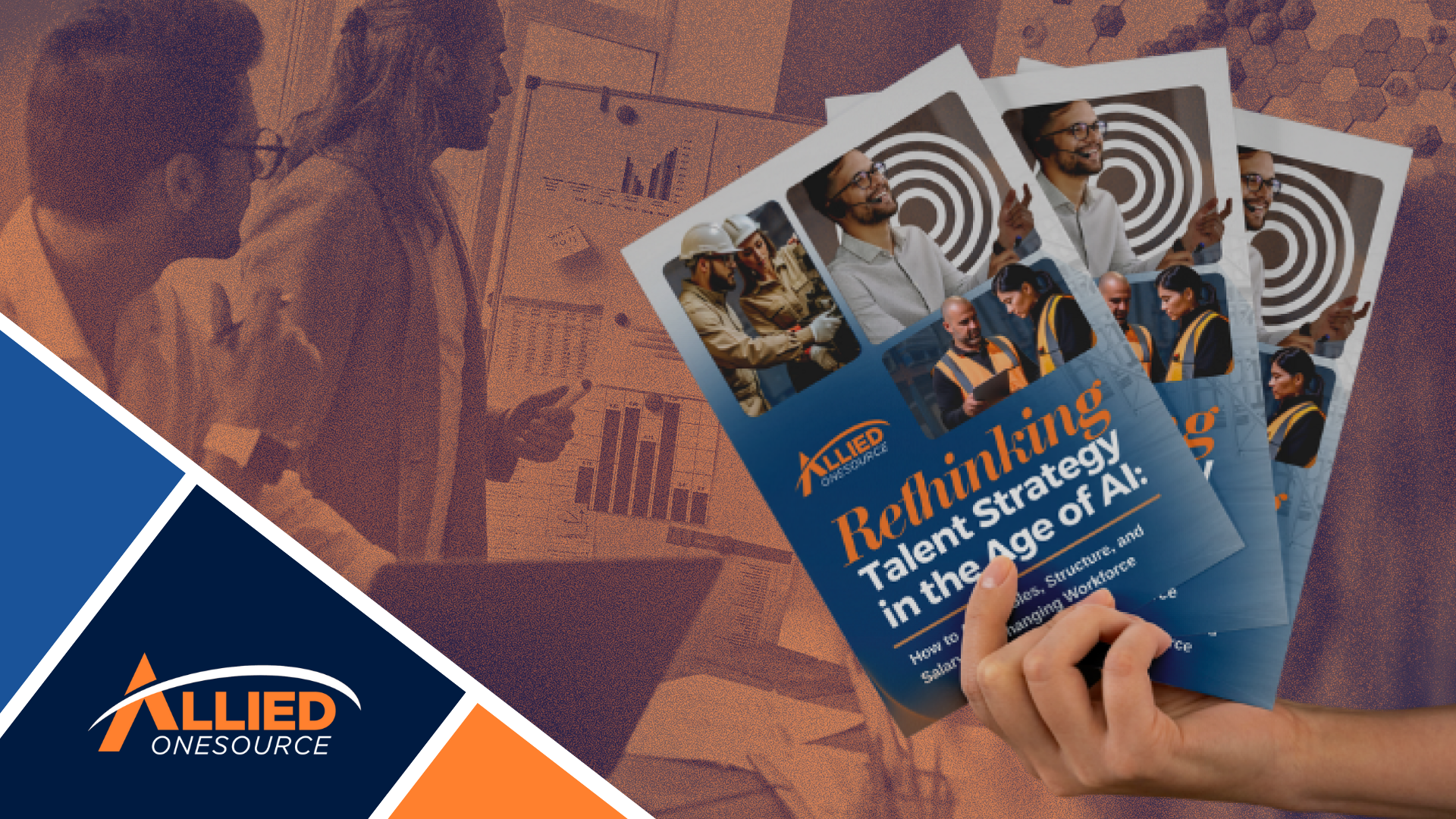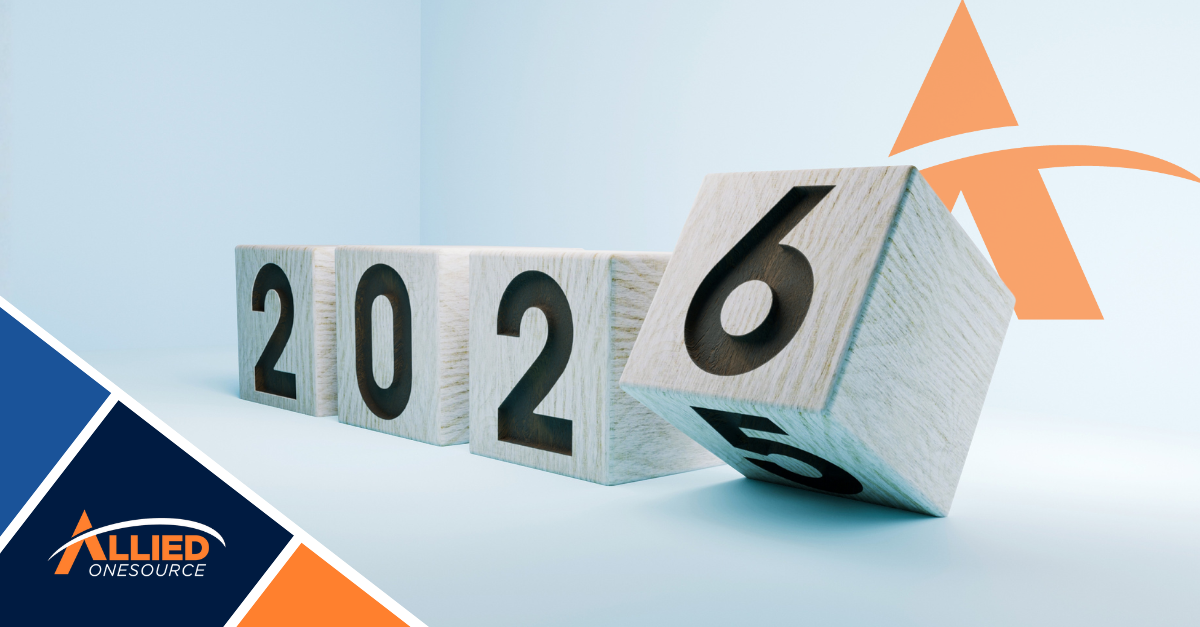How to Calm Your Second Interview Jitters
Congratulations! You've made a good first impression and are ready for your second interview. Are you nervous? There's no need for that. You got this! Lingering second interview jitters can cloud your confidence and affect your performance. It's understandable to be concerned about your chances of getting the job after this crucial round.
We'll help you conquer your interview nerves and equip you with strategies to impress employers and hiring managers again. This will boost your chances of securing that coveted job offer.
What is a Second Interview?
You just heard back from the organization you applied to. Great job! Not many people make it to the second interview. In fact, research shows only 3.8 percent of candidates advance to this stage.¹ That's right - just a fraction of applicants can proceed beyond the initial screening.
Why is that you ask? Well, plenty of candidates are filtered during the initial round. This might explain why you haven't heard back from the company you applied to. But now that you have a callback, it means a second interview. This allows the company to get to know you better. They ask more complex questions and test your industry knowledge.
Don’t panic; here are a few ways you can conquer your second interview jitters.
Related Article: 5 Ways to Separate Yourself from Other Candidates
1. Acknowledge and Accept Your Feelings
First, acknowledge that feeling nervous is entirely normal. It's a sign you care about the opportunity and want to perform well. Rather than trying to suppress these feelings, accept them as a natural part of the process. Recognizing and normalizing your emotions can help alleviate some of your pressure.
Preparing mentally and emotionally for a second job interview is crucial for performing at your best. Try some relaxation techniques, like deep breathing, positive affirmations, or mindfulness. It's important to recognize that nerves are a normal part of the game that many candidates face.
2. Do Your Homework
Before you go into the interview, take some time to look into the company. This includes visiting the website, reading their materials, and learning about the culture or brand messaging. It is also a great idea to look up who you will be speaking to; websites like LinkedIn or even the staff tab on the website are great places to start.
Doing this can give you an edge over the competition and show off your knowledge of the company. Researching the type of job you are applying for is also helpful. Getting more familiar with the skills you might need for the job helps you better understand exactly what the company is looking for.
Also, researching the keywords used in the job description can allow you to slip those in the interview to help you show off your knowledge of the role. Always expect follow-up questions, so be sure to understand the job well before you head into the interview.
Related Article: Things to Help you Stand Out in an Interview
3. Practice to Build Confidence
Feeling nervous about the interview? Take a moment to figure out what's causing the anxiety. Is it the tough questions? Fear of stumbling over answers? Practicing interview questions with friends or in front of a mirror can help calm those nerves and boost confidence.
Once you've identified the source of anxiety, try mock interviews. You can try answering interview questions with a friend or by recording yourself. Relax and be yourself – treating it like a conversation rather than an interrogation.
Before the interview, recall your work experiences. Focus on one project that showcases relevant skills. Jot down the details: how you managed tasks, overcame challenges, and found solutions. Reflecting on past successes can help store these memories and quicken responses during the interview.
4. Come a Little Early and Settle In
Being early for your interview allows you to prepare and mentally adjust to your circumstances. It also shows that you are a reliable and timely candidate. Aim to show up at least ten to fifteen minutes before your scheduled time.
Once you're there, take a moment to relax. Scope out the building, find the nearest restroom and a quiet spot to gather your thoughts. Use this time to run through your notes, do some deep breathing, and rehearse your answers in your head.
Don't forget about body language. Sit up straight, make eye contact with the interviewer, and give them a solid handshake. These little gestures can speak volumes about your confidence and professionalism.
5. Read the Room and Adjust Your Tone
"Tell me about yourself" – it's a classic interview question that almost everyone gets asked. And while you might be tired of hearing it, keeping your energy up is key. First impressions count; keep it fresh and avoid sounding like a robot.
However, it's easy to get carried away and feel overly confident about landing the job. But remember, it's not just about showcasing your successes – it's also about understanding the company and its culture. Don't overdo the self-promotion; strike a balance and show genuine interest in the company.
For example, if the interviewer seems engaged when you discuss your previous project management experience, you could lean into those stories more. But if they seem more interested in your technical skills, adapt by focusing your examples on how you applied those specific competencies.
Keep the conversation flowing smoothly by finding the right balance between talking about yourself and listening to the interviewer. Pay attention to their body language, follow their interest cues, and adjust your tone accordingly. If they seem short on time, tighten your responses. Expand on your most relevant accomplishments if they're looking for more depth. Stay cool – you've got this.
Read More: Find Your Career Advocate: The Benefits of Working with a Recruiter
6. Build Rapport
In your second interview, you'll likely meet the team or your future boss. Remember, don't just impress them with your skills. Make a connection; this can make you memorable among other candidates.
If you notice family photos or awards in the interviewer's office, you could casually ask about them. Small talk, like bonding over shared alma maters or favorite sports teams. It can help break the ice and make the conversation feel more natural.
In a survey, 79 percent of hiring managers stressed the importance of cultural fit and team compatibility.² They're not just looking for someone to do the job, but one who vibes with the team. But stay true to yourself. The interviewer wants to see the real you, not a forced connection. Remember, it's a two-way street – they're trying to connect with you just as much as you are with them.
And don't forget: prepare some thoughtful questions to ask during your interview. It shows your interest and sets you apart. Take it a step further by sending a thank-you email within 24 hours. This follow-up etiquette is crucial as it shows appreciation for the opportunity. It also keeps you fresh in their minds as they decide.
Read More: Here's Why Soft Skills Matter More in a Digital World
ALLIED ONESOURCE CAN HELP YOU LAND BIG OPPORTUNITIES
Still feeling nervous? Don’t panic! Our team at Allied OneSource is here to support you every step of the way. We can ensure you're well-prepared to seize that dream job opportunity. Reach out to a representative today so we can start matching you with your best employer.
References
- Flynn, Jack. "HOW MANY CANDIDATES MAKE IT TO THE FINAL INTERVIEW? [2023]." Zippia, 16 Oct. 2023, www.zippia.com/advice/how-many-candidates-make-it-to-the-final-interview/.
- "What Employees and Employers Are Seeking From the Job Market." Paychex, 24 Jun. 2022, www.paychex.com/articles/human-resources/job-search-red-flags.











